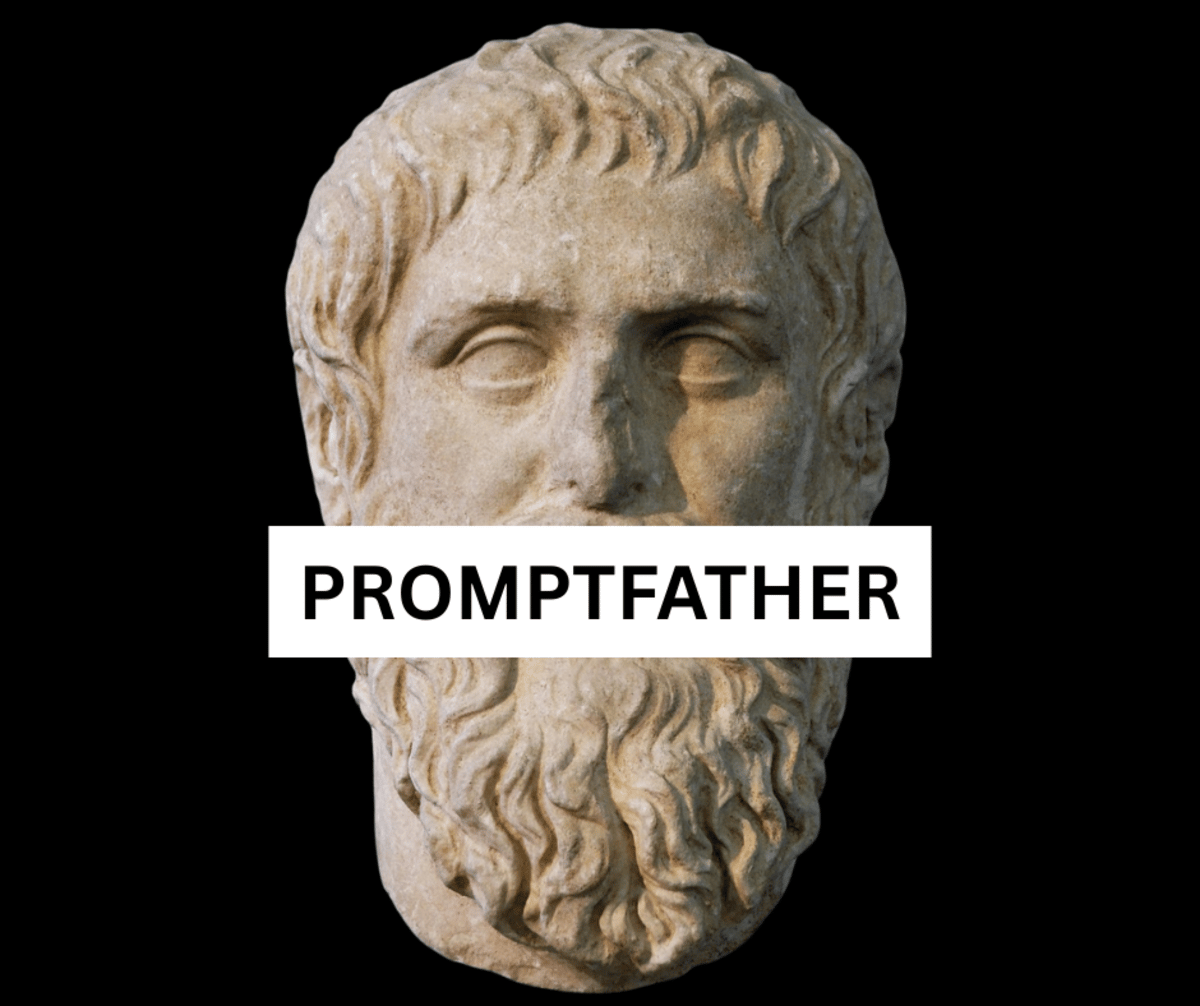Your brain is an incredible machine.
It processes vast amounts of information every second, helping you make decisions, solve problems, and not die (important).
But here’s the catch: not everything your brain tells you is true. Sometimes, it flat-out lies to you.
Don’t believe us?
Optical illusions fool your eyes (is the picture above a bird or a rabbit?), and psychological quirks like confirmation bias skew your judgment.
Usually, these mental shortcuts exist to protect you or make life easier. But every so often, they backfire, making you question if your brain is really your friend.
Here are some examples:
1. When You Think You’re Hungry but You’re Not
Have you ever reached for a snack right after a meal, convinced you’re starving? Might’ve been your brain playing tricks.
Hunger isn’t only triggered when you need more calories. It can be triggered by hormones, emotions, and learned behaviors.
Ghrelin, often called the “hunger hormone,” signals your brain when it’s time to eat.
But it can also act out for reasons other than genuine energy needs—like stress, dehydration, or even boredom.
Yeah, you weren’t hungry — just bored. Or stressed.
Your brain, eager to keep you fueled, interprets these mixed signals as a call for food.
The result?
You snack when you don’t need to, which can lead to overeating and frustration.
Recognizing this can help you pause and ask: “Am I really hungry, or is my brain just confused?”
2. The Spotlight Effect: You’re Not the Center of Attention
Ever felt like everyone noticed that awkward comment you made or your outfit mishap?
That’s the “spotlight effect” in action—your brain’s tendency to overestimate how much others focus on you.
This bias stems from the fact that you experience your own thoughts and actions vividly, so it’s natural to assume others do too.
But in reality, people are usually caught up in their own worlds, barely registering your little slip-ups.
Understanding this can be liberating. It means that those cringe-worthy moments aren’t as catastrophic as they feel.
Your brain’s exaggeration of social scrutiny is just a quirk, not a reflection of reality.
(To be fair, people DO notice other people’s cringey moments. But just not as often as we think they do)
3. Hindsight Bias: The “I-Knew-It-All-Along” Illusion
After an event unfolds, your brain loves to convince you that the outcome was obvious from the start.
This is hindsight bias, and it’s a sneaky way your mind rewrites history to make you feel more competent and in control.
For example, after a stock market crash or a political upset, you might think, “I totally saw that coming.”
But before the event, the future was uncertain, and your predictions were likely no better than a guess.
This bias can be dangerous because it breeds overconfidence and poor decision-making.
If you believe you “knew it all along,” you might underestimate risks or fail to learn from mistakes. Being aware of hindsight bias encourages humility and a more realistic view of uncertainty.
4. Change Blindness: Missing the Obvious
Your brain is a master at filtering information, focusing on what it thinks is important and ignoring the rest.
Sometimes, this leads to “change blindness”—failing to notice significant changes in your environment.
You might walk into a room and not realize the furniture has been rearranged or a new painting hung on the wall.
Even more striking are experiments where people don’t notice a person they’re talking to is swapped mid-conversation.
This selective attention helps you avoid sensory overload, but it also means your brain can miss obvious shifts.
Knowing about change blindness can prompt you to slow down and pay closer attention when details matter.
5. The Sunk Cost Fallacy: Stuck Because of Past Investment
Ever kept watching a bad movie or stayed in a frustrating project just because you’ve already invested time, money, or effort?
That’s the sunk cost fallacy—your brain’s reluctance to “waste” what you’ve already put in, even when it’s clear the situation isn’t worth it.
This bias is rooted in loss aversion, a powerful human tendency to avoid losses more than we seek gains.
Your brain convinces you to continue, hoping to justify past investments, but often at the expense of better opportunities.
Recognizing this tendency can help you make cleaner decisions—cutting losses and moving on rather than being trapped by what’s behind you.
Why Knowing Matters
You can’t switch off these brain quirks—they’re baked into how your mind works.
But understanding when and why your brain isn’t your best friend puts you in the driver’s seat. It helps you question your instincts, pause before reacting, and see the world a little more clearly.
So next time your hunger feels suspicious, or you’re convinced everyone’s watching your every move, remember: your brain is trying to help, but sometimes it’s just guessing.
Awareness is your best tool to recognise the mental misfires and live with a little more clarity—and a lot less self-doubt.

